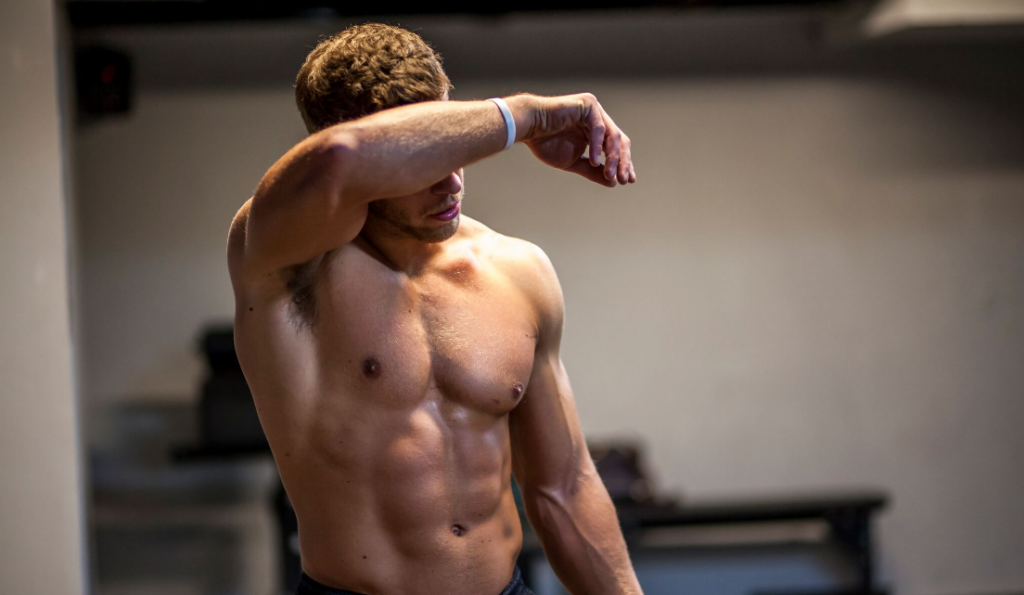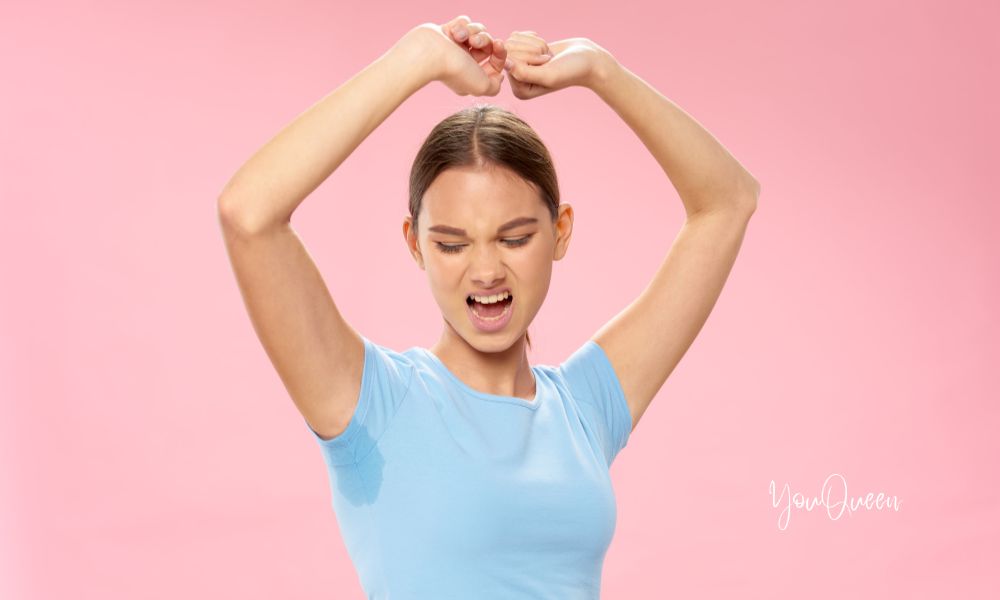Table Of Content

The salt in sweat is extremely drying and can cause scalp irritation and itchiness. Additionally, when sweat sits on your skin for an extended period of time, it can create a blockage called eccrine miliaria. Many people with primary focal hyperhidrosis also have a family member who sweats more in specific areas. This suggests there could be a genetic link, but scientists are still learning about this.
The Psychological Impact of Head Sweating
Excessive head sweating can be more than a physical issue; it often carries emotional and psychological burdens. The fear of visible sweating can lead to social anxiety and embarrassment, affecting personal and professional interactions. Exercise is great for health, but it can turn your head into a mini fountain.
What triggers excessive head sweating?
While there’s nothing you can truly do to control the sum you sweat, there are a couple of things you can do to keep your hair and scalp clean and keep overabundance oils. The best way to find out whether your hair sweats a ton is on the off chance that it gets kind of unclean odor if you didn’t wash it for over some days or more. The main point is that you ought to consistently purify your hair normally at whatever point you sweat excessively in the scalp. When you sweat exorbitantly, it makes your hair very sleek (oily).
My scalp sweats so bad it completely soaks my hair.
Can Rain Make You Sick? - Health.com
Can Rain Make You Sick?.
Posted: Fri, 16 Jun 2023 07:00:00 GMT [source]
Your head sweats when eating spicy food due to the activation of certain receptors in your body. These receptors respond to the heat of the spices, triggering your sweat glands to cool your body down. Stress and anxiety are significant factors in why your head sweats.
How Do I Stop My Hair From Getting Wet While Sweating?
This can cause your hair to become greasy, oily, and weighed down. One reason that some people believe that sweat can cause hair loss is that sweat can contain high levels of salt, which can be harmful to the hair. Excessive sweating can also lead to scalp dryness and itchiness, which can cause hair to fall out. If you have excessively sweaty hair, you may find that your hair is always wet, even if you’ve just washed it. You may also find that your hair is greasy and oily, and that it has a bad smell.

Extreme and excessive itchiness can indicate an underlying health condition. If that’s the case, you’ll likely need medical intervention before your symptoms resolve. The first-line treatment for craniofacial hyperhidrosis is a medicated face wipe that contains glycopyrrolate. This medication stops the sweat glands from becoming activated, reducing sweating. If a medical professional cannot find an underlying cause, they may diagnose primary hyperhidrosis. To diagnose hyperhidrosis, a doctor will ask someone about their symptoms and examine the affected areas.
Can you catch a cold (or something worse) from wet hair?
You can wear a cotton headband (as mentioned above) to ingest a portion of the sweat around the hairline. Does this causes sweating, and indeed, sweat can be harmful to your hair. Attempt this protein cover once in a week and wash it off with a decent shampoo. Simply mix two eggs with one teaspoon of olive oil and one teaspoon of nectar.
Witch hazel, applied directly to the scalp, can act as a natural astringent, reducing sweat production. Sure a snatched ponytail looks hot and keeps your hair out of your face, but that can come at a cost. "I can almost spot hair tie breakage when a client sits in my chair because it almost looks like a 'U' shape and it's exactly where the hair band rests," says DeBolt. "Especially people who prefer their hair tied back really tight, I can spot that a mile away." On wash days, resist the urge to use shampoos with sulfates, which are helpful post-swim or in the presence of build-up, but can be too stripping for regular use, says Trygstad. Hair Health Hotline is your direct access to dermatologists, trichologists, hairstylists, and other beauty pros.
Wash Hair More Frequently:
Hair cortisol level in overweight/obese subjects compared to normal weighted subjects. About a half cm thickness of hair was strapped and cut above the strapped area with clean scissors at the most proximal point to the scalp. The proximal three cm of the cut hair was then conserved in aluminum foil, kept in a paper envelop and stored in a dark, dry place at room temperature until the time of analysis. Collection of the scalp hair is an easy procedure and can be performed in outpatient22.
Yes and No… That’s, It may and may not, but yet it’s a bit much. Once in a while over the top sweating causes the oil to develop. Frequently when you have dandruff, you face issues like; hair fall, irritated scalp, and even contamination on occasion.
Family medicine specialist Matthew Goldman, MD, talks about the potential hazards of wet hair — including a concern you may not have considered. For example, says Glaser, “Tuberculosis is one of the main causes of night sweats. When it comes to their hair being affected by moisture, curly maned men unfortunately have it a lot worse than their straight and wavy-haired counterparts. Without the proper attention, perspiration can make a ringlet-filled mop can go from Kit Harington to Carrot Top in an instant. So, if you happened to be blessed with curlicue locks, do right by them or it’ll bite you in the ass.
Getting rid of the itch begins with finding out why your scalp itches. Here are 10 reasons for an itchy scalp along with dermatologists’ advice on what can bring relief. If you have scalp psoriasis, you may be able to prevent further hair loss. If you have long hair, you’ve probably experienced the aggravation of running out of time to dry it before you head outside or fall into bed. Still, Glasser says, it's important to see a doctor, and work closely together on the problem.
Aside from that, hot and damp atmospheres, keeping our hair tied constantly and wearing frills like tops and caps are a few reasons your head may sweat somewhat more than expected. If your doctor determines that your sweating is not related to another medical condition, they can help you figure out the best treatment option for you. If your sleep disrupts instantly at night, or you feel excessive sweat on your body and bed, accompanied by fever, get in touch with a physician as soon as possible. However, there are many homes or natural remedies that you can use to avoid excessive perspiration. The sweating in secondary Hyperhidrosis occurs all over the body or in one specific area, unlike in the forearms, feet, or head as in primary Hyperhidrosis.

No comments:
Post a Comment